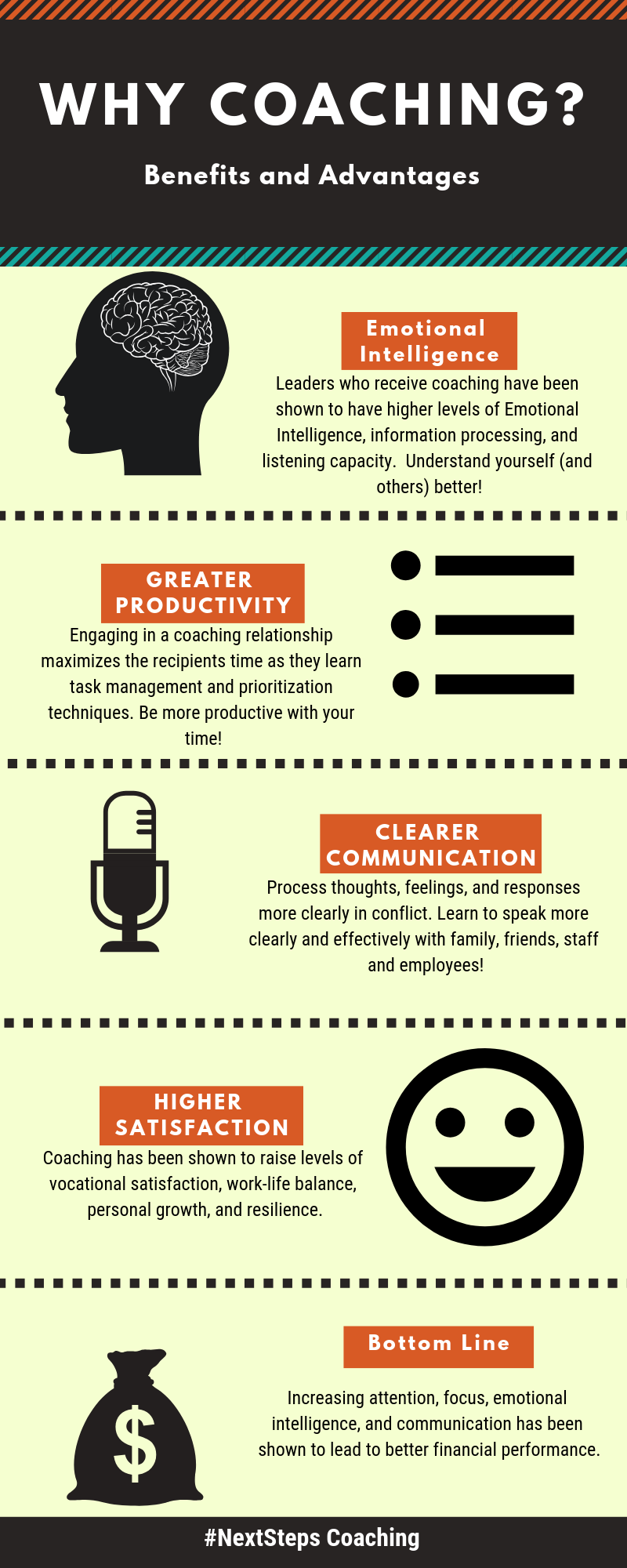
One of the hardest parts of entrepreneurship is creating a viable product. It should be simple right? You have a great idea, convinced that it will change the world, so what could go wrong?
The reality is that a lot could. Great products, one that people don’t just purchase, but actually use and eventually rave about, all have one thing in common: they solve problems.
One of the most common things I tell my clients, and any would-be entrepreneur, is that if people aren’t buying your product, you aren’t solving a problem. This is true whether you have a tangible product like a phone case or a conceptual one like coaching. Whether I physically give you the product or I am the product, a viable product will always solve a problem.
Creating A Viable Product
I’ve found that the easiest way for me to understand product is to get back to its original meaning. A product is a predictable unit of value.*
Great products, as I’ve already said, solve problems.
Marcus Whitney says that they provide a predictable unit of value.
We see this in everyday scenarios. I need the internet to publish this post. Currently, ATT has solved that problem with reliable internet in my home office. I know exactly what I will pay for this service every month.
If, however, that internet starts to fail and I only get internet for fifteen days of the month, or ten days out of the month, I don’t get that predictable unit of value. Now all of a sudden, I’m looking at other competitors to see if they can solve my problem – internet – at a predictable (and reliable) price.
This works with service-based products as well. I could tell you how the average coaching client saves time and money while improving performance. People engaged in coaching relationships also show higher levels of emotional intelligence, grit, and overall life satisfaction. They also tend to make more money – for their companies and for themselves. 
So if I could, through data and research, show you how paying $10,000 for coaching could, on average, make you $100,000 … would you sign up for coaching?
I’m sure you would.
Increasing Production
I’m no manufacturing genius, but I do understand human performance. There are some certain elements we have to have in order to nail our own growth, our own optimization, our own viable personal product.
Here are three ways to improve your own performance in your quest for growth.
1.) Tie Your Problem (And The Solution) to the Desired Effect or Feeling.
Recently, I was having a conversation with one of our children about exercise. We talked about why it’s important to do, even when we don’t feel like it. We get emotional, physical, and mental advantages. It gives us energy, improves overall performance, and is a key aid in living longer.
I shared how one of the struggles I’ve had recently is the desire to workout. Honestly, I don’t remember the last time I wanted to workout. In spite of that, I’m outside six days a week doing it anyway.
The shift was tying it to the desired outcome. I wanted to have the energy to play with my kids, build science projects, complete a full day of work, and a whole variety of other things. It’s those goals that keep me going.
Similarly, there will be an aspect of your own growth where you need to do it, even if you don’t want to. Maybe you hate networking events. Find a way to tie the task you don’t want to do (networking) with something you do (a date night, new video game, or your favorite caffeinated drink).
2.) Give Yourself Some Accountability.
I recently printed and published my 2021 goals for my vision board. As I’m slowly assembling them into the final product, it’s become a visible event to everyone in the house. They know exactly what I’m committing myself to.
They have permission to ask me how I’m doing at any time.
Additionally, I have a few people who know my goals and regularly check in.
It’s a key component to continued growth: the pressure of other people watching.
Whether you’re trying to start a product-based business or a service-based business, have some accountability. Share your goal with others and have them check-in to make sure you’re putting in the work.
3.) Don’t Be Afraid To Fail.
Most products don’t get it right the first time. Even those that we would consider a success (like the iPod) continually strive to get better.
Many of those will fail along the way. Failure is often a key component of learning.
In your own growth, personally or professionally, don’t be afraid to fail. That’s how you get better, gain clarity, remain focused, and achieve excellence.
Eight Core Concepts
This list is updated as the blog series continues. Click on any live link to go to that post in the series. 
- Leadership
- Finance
- Operations
- Growth
- Product
- Service
- Sales
- Marketing
* Whitney, Marcus. Create and Orchestrate: The Path to Claiming Your Creative Power from an Unlikely Entrepreneur (pp. 83-84). Creative Power. Kindle Edition.